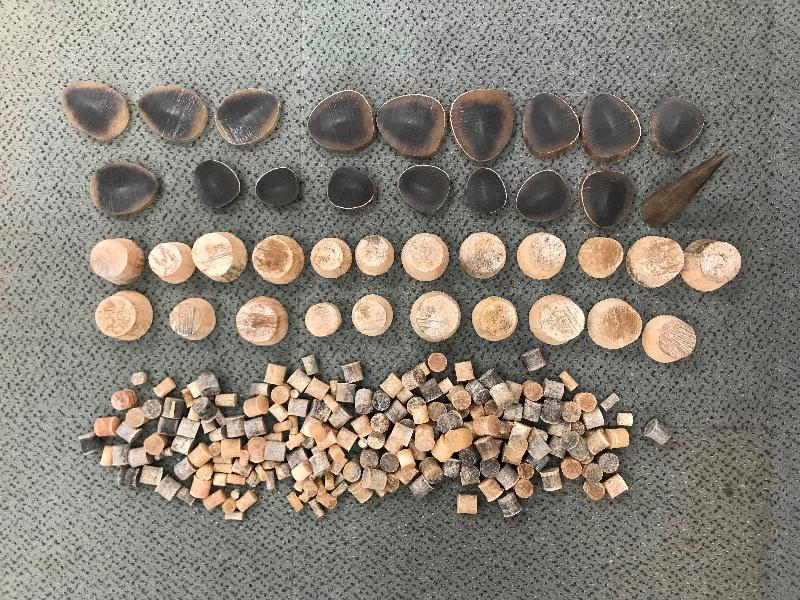Import of poultry meat and products from Kandiyohi County, Minnesota, US, suspended
The Centre for Food Safety (CFS) of the Food and Environmental Hygiene Department announced today (October 24) that in view of a notification from the World Organisation for Animal Health (OIE) about an outbreak of low-pathogenic H5N2 avian influenza in Kandiyohi County, Minnesota, the United States (US), the CFS has instructed the trade to suspend the import of poultry meat and products, including poultry eggs, from the county with immediate effect to protect public health in Hong Kong.
A CFS spokesman said that Hong Kong imported about 142 000 tonnes of frozen poultry meat and 240 million poultry eggs from the US in the first six months of this year.
"The CFS has contacted the US authorities over the issue and will closely monitor information issued by the OIE on avian influenza outbreaks. Appropriate action will be taken in response to the development of the situation," the spokesman said.
